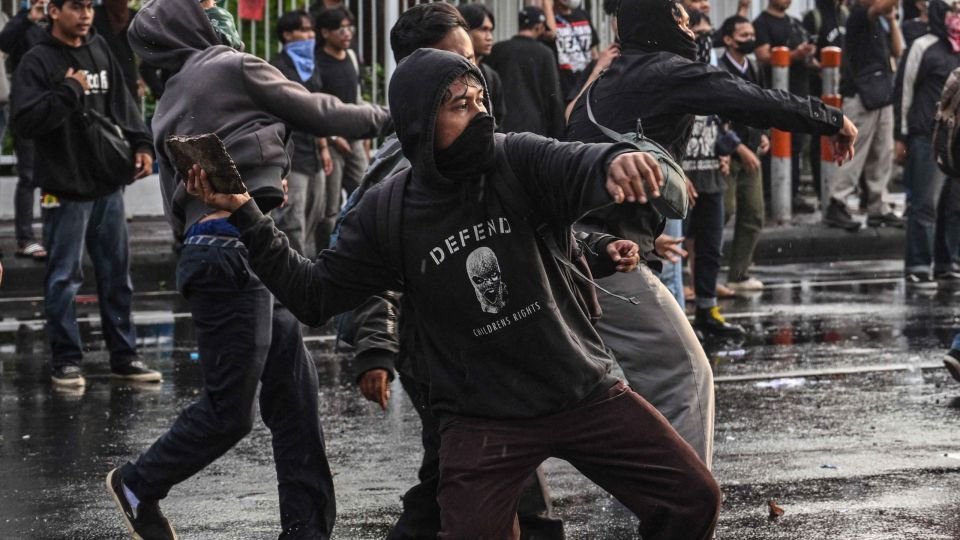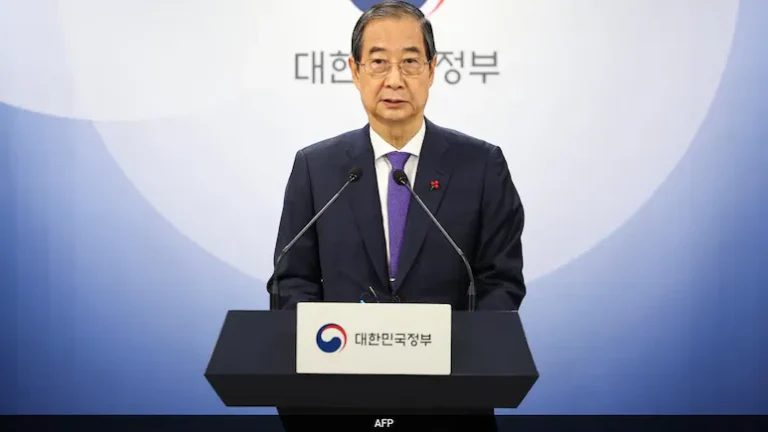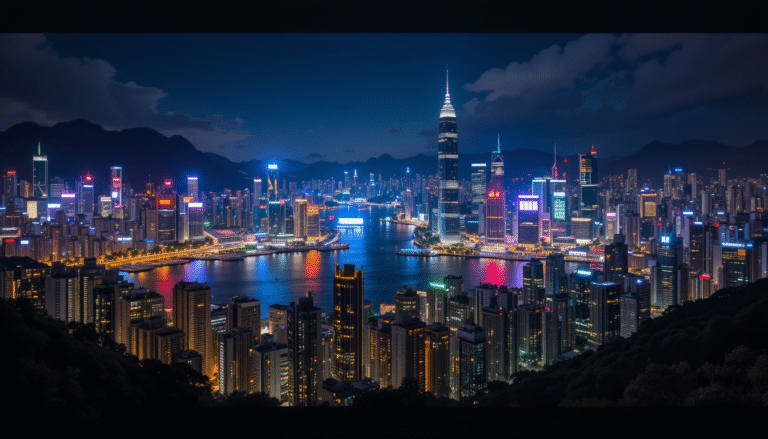
March 25, Jakarta: Indonesia’s House of Representatives is scrambling to restore public trust after violent protests erupted over its rushed revision of the Military (TNI) Law, even as concerns grow about similar changes being planned for police powers. The controversy has exposed deep divisions about the military’s expanding role in civilian affairs and fears of creeping authoritarianism.
What Sparked the Outrage?
Last week’s secretive approval of the TNI Law revision drafted in just one month following President Prabowo Subianto’s request has ignited nationwide demonstrations. Critics allege:
- The bill was fast-tracked through closed-door meetings at a luxury Jakarta hotel
- It expands military authority over civilian matters without proper safeguards
- Lawmakers ignored civil society groups’ objections
“These revisions were railroaded through without meaningful public discussion,” said human rights activist Andi Muttaqien, who disrupted the hotel deliberations. “Now we’re seeing the consequences.”
Police Law Changes Looming?
With tensions still high, attention has shifted to a proposed Police Law revision that activists warn could create an unchecked “super agency.” Leaked drafts reveal alarming provisions:
Internet shutdown powers under vague “national security” pretexts
Expanded surveillance authority over citizens and foreigners
No independent oversight mechanisms
“The police would become judge, jury, and executioner,” warned PSHK researcher Anggara Suwahju. “This isn’t reform it’s regression to Suharto-era authoritarianism.”
Damage Control Mode
Facing mounting pressure, lawmakers now promise transparency:
- PAN legislator Sarifuddin Sudding vows open hearings with NGOs and experts
- House Speaker Puan Maharani denies receiving any official Police Law proposal
- The bill remains absent from this year’s legislative priority list
But protesters remain skeptical. The hashtag #TolakRUUPolri (Reject Police Bill) has trended nationally as students rally in Bandung, Surabaya and Jakarta.
Why This Matters
The twin controversies reveal a troubling pattern:
- Security agencies gaining extraordinary powers without accountability
- Democratic processes being circumvented through rushed legislation
- Growing public distrust in political institutions
As CSIS analyst Nicky Fahrizal warns: “If leaders keep governing through backroom deals rather than public consensus, these protests won’t just continue – they’ll intensify.”
What’s Next?
All eyes are on whether Prabowo’s administration will:
- Heed calls for genuine consultation on the Police Law
- Address military overreach concerns
- Restore faith in Indonesia’s democratic institutions
For now, the streets remain the people’s parliament and their message is clear: no more secretive power grabs.
Get more News Headlines On Our Social Platforms And Do Follow.







